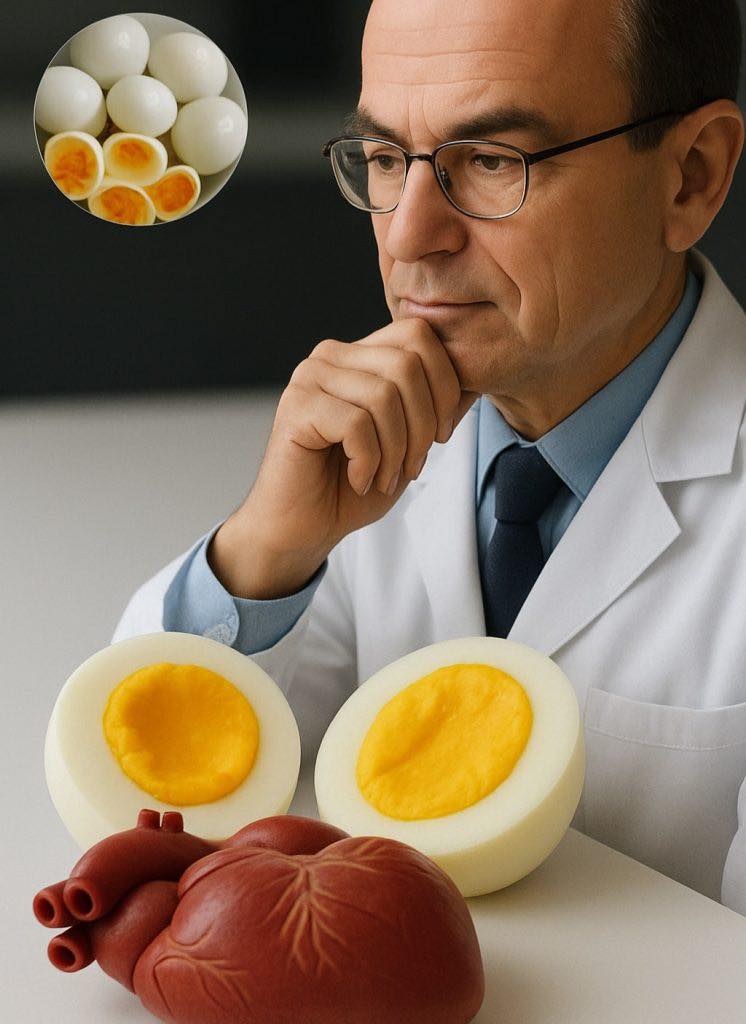
Are Boiled Eggs Good for Vascular Health? Here’s What Science Says
Eating boiled eggs in the morning can offer both benefits and considerations for vascular health, depending on your diet, health status, and egg consumption.
Benefits of Boiled Eggs for Heart and Blood Vessels
High-Quality Protein: Eggs provide complete protein, supporting muscle health—including the heart—and boosting metabolism.
Nutrient-Rich: The yolk contains choline, which helps regulate homocysteine levels linked to heart disease. Vitamin D supports blood vessel function and blood pressure, while selenium and B12 aid circulation and red blood cell production.
Satiety & Weight Control: Eggs help you stay full longer, which may reduce overeating and lower risks of obesity, high blood pressure, and vascular disease.
Things to Consider
Cholesterol: One boiled egg has about 186 mg of cholesterol, but research shows dietary cholesterol has little effect on blood cholesterol for most people. Still, those with diabetes, high cholesterol, or heart disease should monitor intake.
Cooking Method Matters: Boiled eggs are heart-friendlier than fried eggs, as they avoid excess saturated fat and oxidized oils that damage blood vessels.
Bottom Line
One boiled egg a day can safely support heart health when part of a balanced diet. People with cardiovascular concerns should consult a doctor or dietitian.




